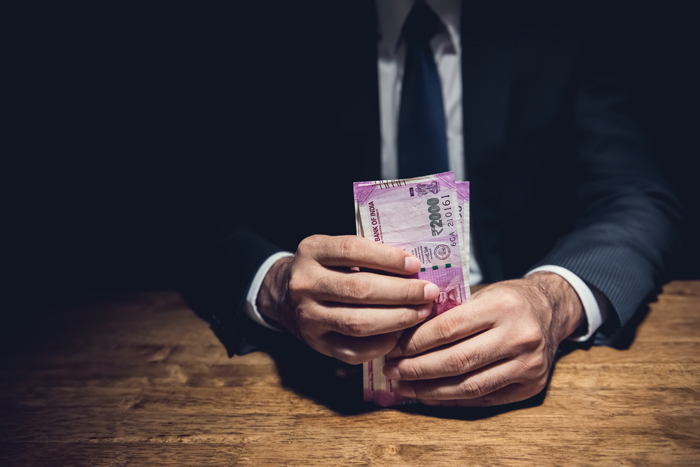
#ReadersResponse: Although the steady tumbling of the Indian rupee may cause concern among financial analysts and economists, Indian expats in Oman are actually quite relieved about the greater value they can now get for the Omani rial when they look to remit money to those who need it back home.
As of Saturday afternoon, one Omani rial was worth Rs187.5, leading to many people queuing up in front of exchange houses in Muscat and across the Sultanate over the weekend.
Ashutosh Sriram, an IT engineer in the capital, said he was putting aside money for his daughter’s wedding back home in India. Speaking to Times of Oman, he said: “My wife and her family are arranging everything for my daughter’s wedding, but they were worried about it being a bit expensive. The increase in the value of the Indian rupee has really surprised them because now they can get more goods for the same amount of Omani rials. It is a blessing in disguise because as we know, the economic situation here is not good right now, so we will take any advantage that comes our way.”
Mohammed Farhan, who hails from Agra, which is home to the Taj Mahal, added: “I have two small children back home and both of them are in school. My wife has to take care of them and the family is dependant on me to send money back home to run the household and meet all the other expenses. For her to get a little more money from the same number of Omani rials is going to help her very much. It’s not just our family we have to look after, but many of our relatives and close associates, because all of them are in a similar situation and we have a responsibility to take care of them.”
Farhan, who works as a furniture salesman in Oman, added: “I am not working at a very high-profile job at the moment and I am here because I have to make a living. I don’t want my children to have the same future as I have, so I have told them that whatever else they may do, they have to do well in school. By the grace of God, both my children are doing well and they always come first in class. When my wife takes photos of my little ones holding their academic trophies and shows them to me, sometimes I cannot help but cry. I know there are many people who say that the falling of the rupee may be bad, but it is truly something we are happy about because of what it means to us.”
Many had families back home for whom this money was a godsend, and the ability to squeeze a bit more from the same amount was beneficial to them. Indian expats in Oman were happy to get an increased exchange rate for the Indian rupee.
Lucy Elizabeth works in a bank here in Oman. As an only child, she felt it was her duty to take care of her ageing parents back home in Bangalore. She said, “Hospital treatment in India is quite expensive if you want to go to a private hospital, and medicines cost more as well. I have my own expenses to meet here, and have to make sacrifices so my parents can get good treatment, so when I heard that the exchange rate for the rupee was now so high, it actually came as a relief because it meant that in terms of rupees, there is now a bit more money to spend.”
“I know there are a lot of people panicking, but honestly, the common man will not care less,” she added. “For now, they are getting more bang for their buck and that is what they want, because of the tremendous increase in costs over the last few years.”
Mohandas Sampath hails from Kerala. Although his family was spared from the brunt of the floods, there are many others for whom this currency fulfils many basic and pressing needs.
“A lot of my close friends have lost so much during the flooding,” he admitted. “I have a good job here, and a nice life, but how can I live it knowing that so many back home are suffering? I have come to the exchange house today to send as much money as I can, so that my parents can give it to those who need it the most. We have a family business in Kerala so we are okay, but there are many others who are not so fortunate.”
“When I was growing up in Thiruvananthapuram, my parents always told me the importance of looking after those who are unable to look out for themselves,” he added. “It is a lesson I have always held dearly and will pass on to my daughter in future as well.”